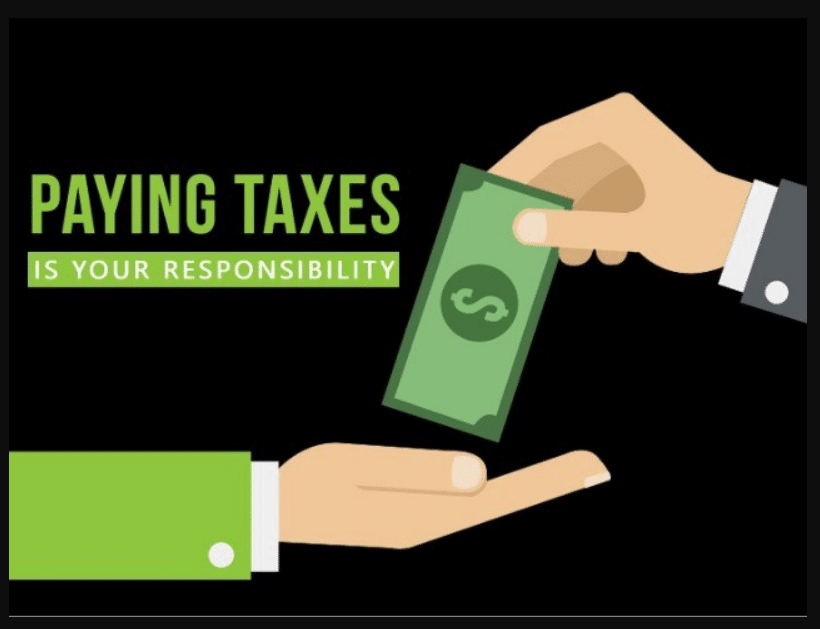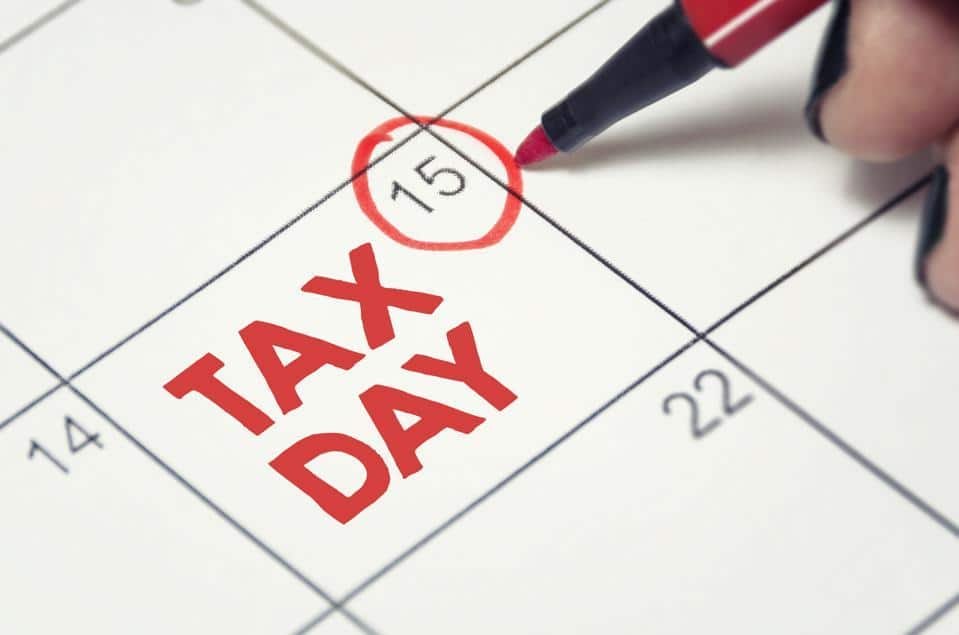You have a legal obligation to report your income to the IRS every year if you earn an income on that year. When you do this, make sure you file the correct amount and pay your tax due. Otherwise, you will face dire consequences.
Putting someone to jail is the last thing IRS would like to do. However, the agency has no tolerance for tax evaders. On 1 December 2020, restaurant owner Adel Kellel was put in jail due to tax evasion maneuvers.
Every citizen of the state is duty-bound to pay the correct tax based on one’s income. The government utilizes tax payments to run projects and programs that benefit the citizenry. That is why the IRS goes after those who have forgotten their tax obligations.
What happens if you do not pay taxes on time or avoid paying them at all? While you will not go to jail right away, the IRS will pursue you and get uncomfortable. Let us explore the potential consequences of not paying taxes in the next section.
Consequences of not paying taxes
Remember that paying taxes is a responsibility. Here are some of the things that might happen if you neglect this responsibility:
- Get penalized
If you do not pay your tax due, IRS will charge a penalty and interest. You will end up paying more than just taxes.
- Receive notices
IRS will send notices before they take any legal action. When you receive any such notices, see that you respond 30 to 60 days from receipt.
- Forgo tax refund
Forget about your tax refund if you do not settle your tax obligation first.
- Seize your social security
IRS will not hinder you from making a living, but it can seize your social security.
- Tarnish your credit standing
Unpaid tax is like unsettled debt. If you have not paid your taxes, that information gets reflected in your credit report.

Tax obligation
Will you go to jail for not paying taxes?
As presented in the beginning, one can go to jail for tax evasion. IRS has the lawful right to prosecute tax evaders. However, it does not take that route right away. If your tax due is meager, IRS may not pursue you immediately. However, if you owed millions or hundreds of thousands of taxes, life will be complicated for you. Many people who evade tax payments do illegal activities to avoid paying the right tax amounts. For example, they deliberately file inaccurate tax returns or hire ghost workers to lower their tax dues.
Paying taxes is a burden put on the shoulders of every citizen. When you deal with big numbers and complicated mathematics, you may make mistakes in your tax filing. Even if you do not do this intentionally to trick the IRS, proving your innocence can be tough. To be on the safe side, consult the IRS. They might be of help in this intricate process.
What if you file your taxes late?
To avoid any hassle, pay attention to the tax deadline. You will incur a penalty if you fail to report your income by the cutoff date and have not been granted an extension. The penalty is computed in the manner shown below:
- One month late: five percent of your residual tax due.
- Two months late: five percent of your residual tax due plus $210 or the full amount of your residual tax due, whichever amount is lower.
- Three months late: five percent of your residual tax due.
- Four months late: five percent of your residual tax due.
- Five months late: five percent of your residual tax due.

Tax deadline
What to do if you have not filed or paid taxes for years?
Tax payment is always a challenge for many. This challenge could turn into a big problem if you fail to settle your tax liabilities year after year. If you believe you have unsettled tax obligations for several years, settle them immediately to avoid legal actions.
Follow the steps below if you feel you owe the IRS some taxes:
Step 1. Request IRS a copy of your transcripts
IRS maintains a record of your transcript containing information about your income every year. This is likely the case so long as you receive payment from someone else and that person is reporting that earning. To know how much you owe the IRS, ask them for a copy of such records.
Step 2. File your tax returns
You will need to report your income from previous years to the IRS. That is why you must gather relevant documents. You might need to get in touch with your former employers to obtain copies of some documents. Hopefully, your previous employers still have the documents on file.
Step 3. Reach out to the IRS
If you find out that you can hardly handle your tax dues, talk to the IRS. This way, it can help you work out a payment plan. If you work in the government or private sector and your employer withholds tax from your salary, you are in a better position than someone who tries to evade tax altogether. IRS is complicated for people who try to sidestep their tax duties at all costs.

Talk to IRS
Tax lien versus tax levy
When you receive a tax levy from the IRS, your assets or properties are at risk of being seized by the IRS to settle your tax obligations. Before you get a tax levy, though, you will receive a tax lien first.
Tax lien
A tax lien is a note to inform you that the IRS stakes a claim of your asset or property such as car, house, bank account, retirement account, or salary. When you receive such notice, expect this to have a negative impact on your credit rating.
Tax levy
A tax levy often comes after a tax lien. When you receive a tax levy, the IRS will take concrete action to settle your tax dues. This may include seizing your salary, putting your car or house up for sale, cashing out funds from your savings account, and more.
Final thoughts
Do not ignore your tax obligations. As already pointed out, IRS may take various actions to make you pay what you owe. Do not wait until IRS makes a move against you. If you cannot settle your debt in one go, reach out to the IRS. File your tax return, and start paying. Discuss with IRS, with the help of a tax expert, how you can pay your full obligation over time.






















Comments